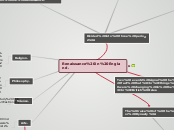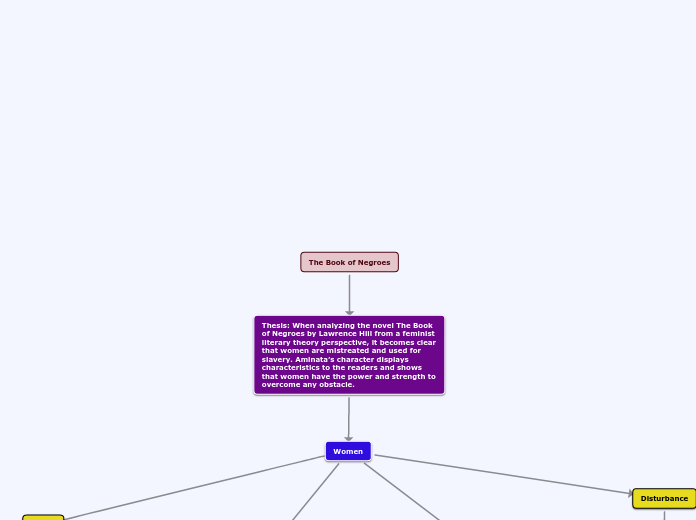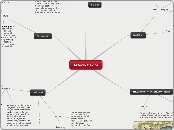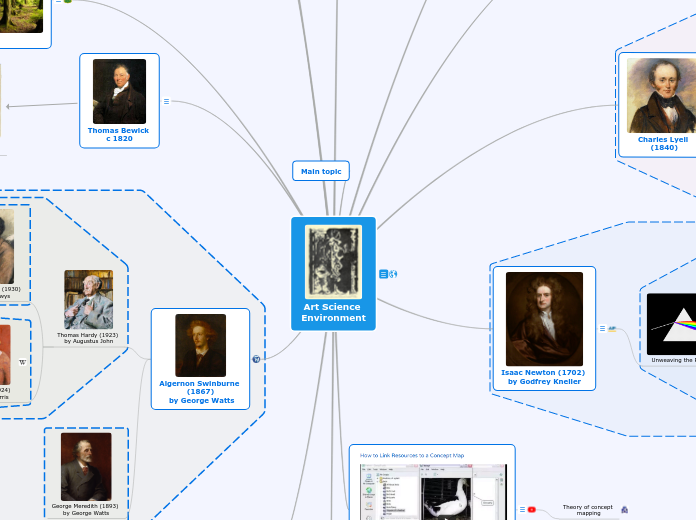par Edoardo Conti Il y a 6 années
186
Renaissance in England. -- Edoardo Conti.
During the Renaissance, drama blended popular entertainment with noble culture, appealing to a wide audience. Humanism emerged, shifting the focus from God to mankind. The Renaissance in England marked significant changes, emphasizing science with studies in astronomy and anatomy.









